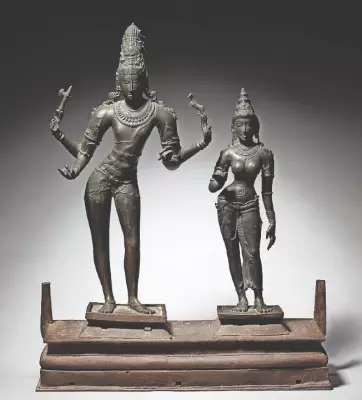
The Midnight Adventure That Shook Awadh Royalty
In the year 1754, a dramatic incident unfolded in the royal courts of Awadh that would become legendary in Indian history. Shuja-ud-Daulah, the teenage son of Nawab Safdar Jung, found himself captivated by a young woman's beauty to the point of reckless action.
One restless night, the prince decided to visit the object of his affection in a most unconventional manner. He located a ladder and began climbing toward her window, hoping for a secret meeting. However, his royal adventure was cut short when authorities caught him midway through his ascent.
A Father's Uncompromising Justice
When the sheher kotwal (police chief) realized he had apprehended no ordinary citizen but the ruler's own son, he immediately contacted Nawab Safdar Jung for instructions. The response he received would become a testament to the nawab's commitment to justice.
According to historian KS Santha, Safdar Jung rebuked the police chief, stating he wasn't worthy of his position if he didn't know how to handle such situations. The nawab insisted that the law must be applied equally to all, regardless of social status or royal lineage.
The police chief took this directive to heart and sent the lovestruck prince to jail exactly as he would have treated any common criminal. For an entire week, Shuja-ud-Daulah remained imprisoned, wearing filthy clothes and suffering from hunger.
Royal Humiliation and Eventual Reconciliation
When the half-starved prince was finally brought before his father after a week of imprisonment, Safdar Jung was engaged in a chess game. The nawab looked at his disheveled son and delivered a sarcastic remark: "So huzoor, it is you!" before calmly returning to his game.
Desperate for relief, the young prince turned to his mother for support, but she too rejected him. She declared, "I am not your mother. A son like you should look for his mother in any sarai."
The prince found himself returned to prison, where he remained for a considerable period. His release came only after extensive pleading and numerous requests from his mother and other courtiers. Even after gaining freedom, the relationship between the idealistic father and his wayward son took significant time to normalize.
This remarkable story from 18th century India demonstrates how justice was administered without favoritism during the Awadh period, setting a powerful example of equality before the law that resonates through history.





